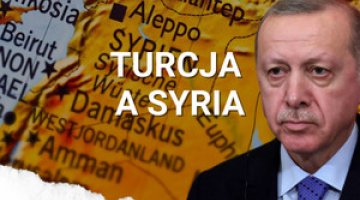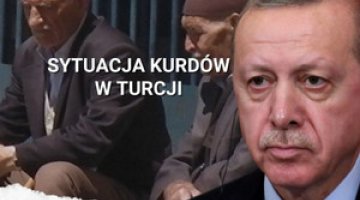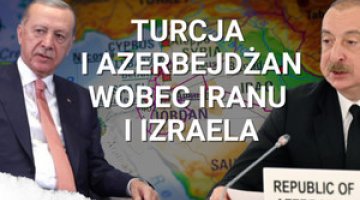Turkey’s reaction to the fall of al-Assad: opportunities and challenges
On 8 December, following the fall of Bashar al-Assad’s regime in Syria, Turkish Foreign Minister Hakan Fidan expressed full support for Syrian rebel groups and called for their unification, urging the international community to support their efforts to take power. He outlined Ankara’s priorities: maintaining Syria’s territorial integrity, achieving a peaceful political transition, and curbing the activities of Kurdish terrorist groups. He added that the Turkish leadership intends to cooperate with the new government in Damascus to ensure stability, reconstruction, and economic development. Fidan further announced the initiation of a process for the repatriation of Syrian refugees. Moreover, he asserted that the Syrian Democratic Forces (SDF), which maintain control over the northern region of the country, are closely affiliated with the Kurdistan Workers’ Party (PKK), a designated terrorist organisation, and ruled out the SDF’s participation in the formation of a new Syrian government unless the group distances itself from the PKK.
The overthrow of al-Assad by the Syrian opposition is a positive development for Ankara. The new government in Damascus is likely to be favourable towards Turkey, which in turn could facilitate the return of Syrian refugees from Turkey. However, the Kurdish autonomy in northern Syria, commonly referred to as Rojava and governed by the SDF, will remain a significant challenge for Ankara. Turkey may continue its military operations targeting Kurdish terrorist organisations within this region.
Commentary
- The fall of al-Assad marks the culmination of Turkey’s long-standing political and military support for a portion of the Syrian opposition. Ankara’s continued support for groups such as the Syrian National Army (SNA), which collaborates with the Turkish armed forces, and Islamist factions within the radical Islamic group known as Hayat Tahrir al-Sham (HTS), coupled with the weakening of al-Assad’s key allies – Russia, due to the war in Ukraine, and Iran, as a result of Israeli operations – has created a window of opportunity for a potentially successful military offensive against the regime in Damascus. Turkey’s position in Syria and the Middle East is expected to strengthen at the expense of Moscow and Tehran. Ankara is likely to play a key role in shaping the organisation of a new system of governance in Damascus, whose stability will have significant consequences for the entire region. Simultaneously, Ankara may become increasingly assertive in its relations with Moscow, whose influence in Syria is diminishing, thereby reducing its capacity to escalate the Syrian conflict in ways that could jeopardise Turkish interests.
- Turkey is likely to act as a partner for the new authorities in Damascus, in both political and economic aspects, especially in the period of Syria’s reconstruction and stabilisation. Ankara’s primary goal will be to mediate and support efforts to unify the Syrian opposition (excluding the SDF). Should such unification occur, Turkey will aim to stabilise the political situation in Syria to initiate the relocation of over 3 million Syrian refugees currently residing in Turkey. Ankara’s involvement in Syria’s reconstruction will also remain a key priority.
- Ankara will oppose the continued governance of the Kurdish autonomy in Rojava by the SDF, as it considers this situation unfavourable. This stance stems from its designation of the SDF as a terrorist organisation with ties to the PKK. A shift in Turkey’s stance would require the SDF to clearly distance itself from cooperation with the PKK. From Ankara’s perspective, establishing a framework for cooperation with the SDF to counter the PKK would be worthwhile. Turkey is currently seeking to normalise Turkish-Kurdish relations, which could involve a pledge by the PKK to disarm in exchange for increased social and political freedoms for Kurds. However, such a scenario appears highly improbable. Therefore, the ongoing operation by pro-Turkish SNA forces against Kurdish groups in the Syrian region of Manbij, near the Turkish border, demonstrates Ankara’s determination to address the issue of Kurdish terrorism, even through military means.




